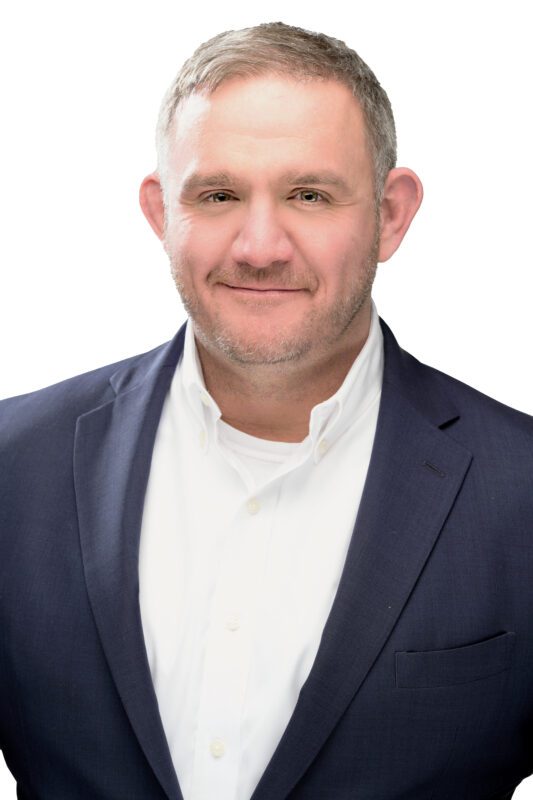
The finalists for WashingtonExec’s Pinnacle Awards were announced Oct. 13, and we’ll be highlighting some of them until the event takes place virtually Dec. 8.
Next is National Security/DHS Executive of the Year finalist Dylan Conner, who’s chief technology officer and vice president of technology at ID Technologies. Here, he talks success in his current role, primary focus areas going forward, taking professional risks ad more.
What key achievements did you have in 2020/2021?
Obviously, the last couple of years have been incredibly difficult, with a nationwide pandemic and all the challenges that came with it. But we didn’t just survive at Archon; we were able to expand our product offering, our customers and mature our company and processes during a very difficult time. I think it speaks volume to our team’s talent and commitment to the mission.
What has made you successful in your current role?
Unquestionably, being willing to take risks and having the support of my management and the team in a “fail fast” mode of operations. We have made some investments that didn’t work out the way we had hoped, and the ability to recognize that situation and drop the technical debt of an approach that doesn’t work is a major mover for us.
It’s not always comfortable, but in today’s cyber landscape, you must be willing to pivot at the first indication.
What are you most proud of having been a part of in your current organization?
It’s always hard to hone in on the “one good thing,” but I would say overall, it’s the transformation we have undergone. Everything about our current company is better, and it’s because of the great team we have.
We were able to do it in a way that honored the strong core of what was built before but paid off with impressive results. It’s difficult enough to reinvent your organization — it’s exponentially more difficult to do that while expanding customer base and adding broad new sets of capabilities.
What are your primary focus areas going forward, and why are they so important to the future of the nation?
The pandemic revealed an important gap in our capability to communicate securely during times of major disruption. The Archon product set is a comprehensive solution to enable this — and if you can’t communicate in a crisis, you can’t respond to the crisis.
Which rules do you think you should break more as a government/industry leader?
All the bad ones? In all seriousness, I think that people accept the organizational “no” too often. What I mean is that the organization is even aware of a proposal at the decision-making level, and as a result, great ideas don’t ever get heard.
Chain of command and protocol are very important, but sometimes, it pays to seek a way to get the message upstream. Just as importantly, the stakeholders should always be looking for ways to enable that upwards communication. If that means losing a few sacred cows, so be it.
What’s the biggest professional risk you’ve ever taken?
I think leaving a great job at a Fortune 50 company was probably the biggest risk, but it was something I was excited to do. It has worked out wonderfully — I learned a lot about leadership working at a small company.
Being plugged in to both the people doing the work and part of the strategic process gave me real-time feedback that is hard to get at larger organizations.

